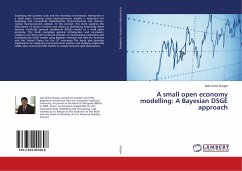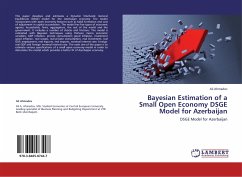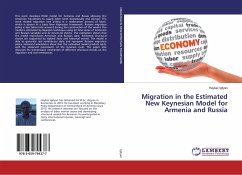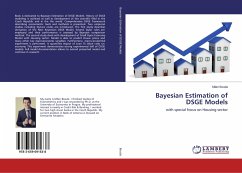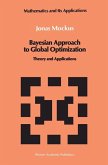Examining the business cycle and the monetary transmission mechanism in a small open economy using macroeconomic models is important for designing and successfully implementing forward-looking and counter-cyclical macroeconomic policies. In the context, this book explores the importance of various frictions and shocks in developing empirically viable dynamic stochastic general equilibrium (DSGE) model of a small open economy. The book comprises general introduction and conclusion chapters, and three self-contained chapters on formulating, estimating and evaluating the DSGE models using Bayesian methods and data for Australia and the United States (or the G7 economy). The book also provides implications for designing macroeconomic policies and building empirically viable open economy DSGE models to analyse business cycle fluctuations.

